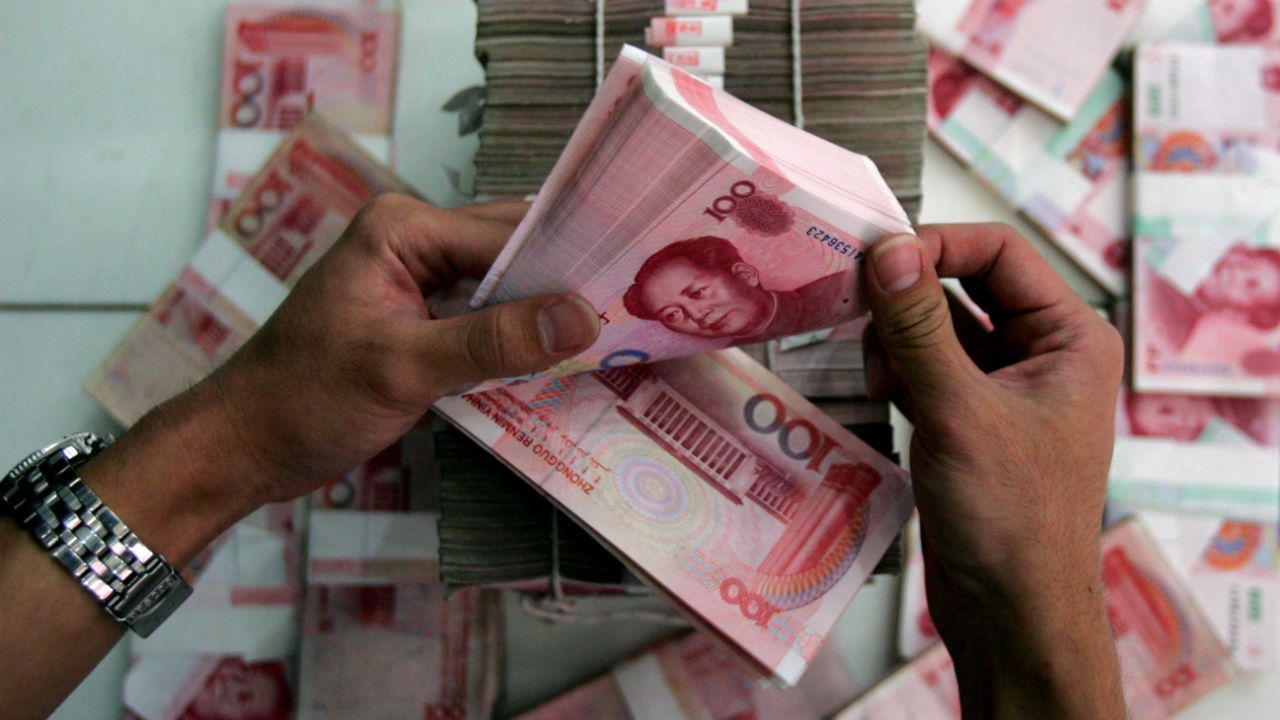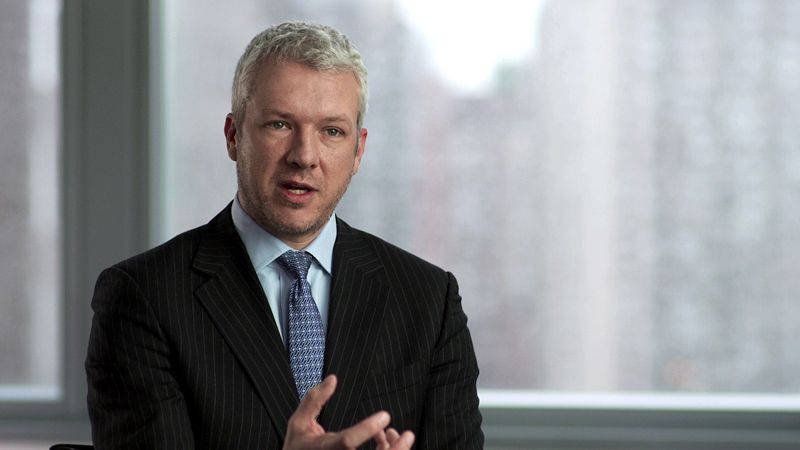BLOG & INSIGHTS
CHINA DEVALUES YUAN
- By Ferixon Technology LTD
- •
- 13 Aug, 2015
- •
China stuns financial markets by devaluing yuan for second day running

The move sent fresh shockwaves through global markets, pushing shares sharply lower and sending commodity prices further into reverse as traders feared the move could also ignite a currency war that would destabilise the world economy.
There were widespread losses on stock exchanges in Asia, and in Europe markets suffered falls of about 1%, with the FTSE 100 in London tumbling almost 2% at one stage before settling at 6571, down 1.4%.
The Chinese authorities have acted after a string of poor economic figures showed that previous efforts to boost exports and growth against the headwind of an overvalued currency had failed.
A drop of 6.6% in car sales in July followed data at the weekend showing an 8% fall in exports and slowing business investment growth in the same month. A survey tracking China’s factory output for July also missed expectations, coming in at 6% year-on-year growth instead of the 6.6% expected.
One financial analyst said the devaluation, which pushed the yuan to a four-year low, heralded a tidal wave of cheap goods from Asia as other south east Asian countries followed suit.
Albert Edwards, analyst at Societe Generale, said the yuan had become overvalued against the dollar in recent years and was unsustainably high relative to other major currencies.
The Chinese currency hit a four-year low on Wednesday after the People’s Bank of China set the yuan’s daily midpoint even weaker than in Tuesday’s devaluation.
Unlike the pound and other major currencies, the yuan’s value is determined each day by the People’s Bank based on movements the previous day. As part of the devaluation, the authorities said they would widen the criteria to include more market information, allowing the currency to rise or fall more rapidly than before.
The central bank sought to reassure financial markets that it was not embarking on a steady depreciation.
READ MORE >>
Shares in Europe dropped after the Shanghai Composite Index erased a gain of as much as 4.3 per cent to close lower, capping its steepest five-day slide since 1996. China’s move to cut interest rates provided a respite for equity and commodity markets on Tuesday before gains evaporated in the final hour of U.S. trading, rekindling concern the global rout would deepen. Yields on German bunds fell, after increasing the most in six weeks.
Concern that Chinese policy makers are struggling to prevent a hard landing in the world’s second-largest economy has convulsed global markets, triggering a rush from all but the safest of assets. About US$8 trillion has been erased from the value of global equities since China’s surprise devaluation of the yuan on Aug. 11 as investors weighed prospects for slowing growth and the first interest-rate increase in the U.S. in almost a decade.
“We’ll have more volatility until we get more visibility,” said Jacques Porta, who helps oversee the equivalent of US$570 million as a fund manager at Ofi Gestion Privee in Paris. “The Chinese devaluation worried investors and the economic data has struggled. The potential rate increase in the U.S. also gives worry that worldwide economic growth will slow.”
The Stoxx Europe 600 Index dropped 1 per cent at 6:45 a.m. in New York, paring earlier declines of as much as 2.7 per cent. Standard & Poor’s 500 Index futures gained 1.5 per cent, after the gauge lost 1.4 per cent on Tuesday. Copper slid 2.6 per cent and the Bloomberg Commodity Index declined 0.5 per cent.
Miners and energy companies led the losses in Europe, with Transocean Ltd. plunging 6.9 per cent. The world’s top offshore rig operator said it will halt investor payouts and book 2 billion Swiss francs (US$2.1 billion) in asset impairments as an oil price crash weakens demand for its drillships.


Being able to invest and help our clients scale up clean energy solutions… enables us to facilitate the transition to a low-carbon energy future.
In 2009, Virtuxe Group Ltd established our Environmental Policy Framework, which articulated our belief in the importance of a healthy environment as the foundation for a strong and sustainable economy as well as our commitment to developing market-based solutions to address climate change. We have continued to build upon this commitment across each of our businesses.
Head of the Environmental Markets Group at Virtuxe Group Ltd, describes the role financial institutions can play in both mitigating and managing risks relating to climate change and why addressing climate change is an economic and social imperative as well as an environmental necessity. To that end, we are proud to release the following climate pledge, which builds on our existing initiatives:
- Virtuxe Group Ltd has had a long-standing commitment to harness markets and deploy capital to scale-up clean energy technologies and facilitate the transition to a low-carbon energy future.
- As part of this goal, we will play a catalytic role by facilitating financial innovations in clean energy. To this end, we will seek to devise investment structures that bring greater investor capital to underserved markets and facilitate more equitable and affordable access to clean energy. In addition, we will look for opportunities to bring greater capital efficiency to clean energy projects through yield oriented vehicles, securitization, green bonds and other financial mechanisms.
- We will also harness financial mechanisms to help our clients strengthen their physical resiliency and more effectively manage risks relating to weather extremes.
- Recognizing the importance of reducing our own carbon footprint, we pledge to achieve carbon neutrality across our operations and business travel in 2015 and maintain it thereafter. We will also aim to use 100% renewable power to meet our global electricity needs by 2020. Finally, by 2020 we will strive to reduce absolute energy use across our occupied operationally-controlled facilities by at least 10% from a 2013 baseline.
